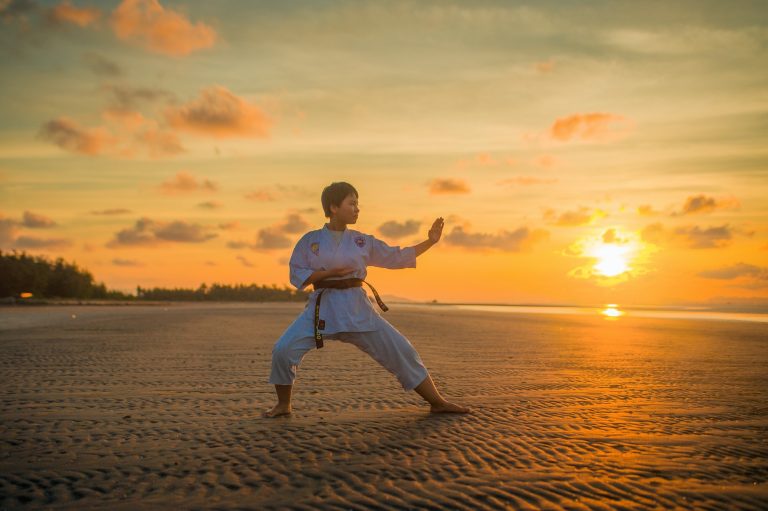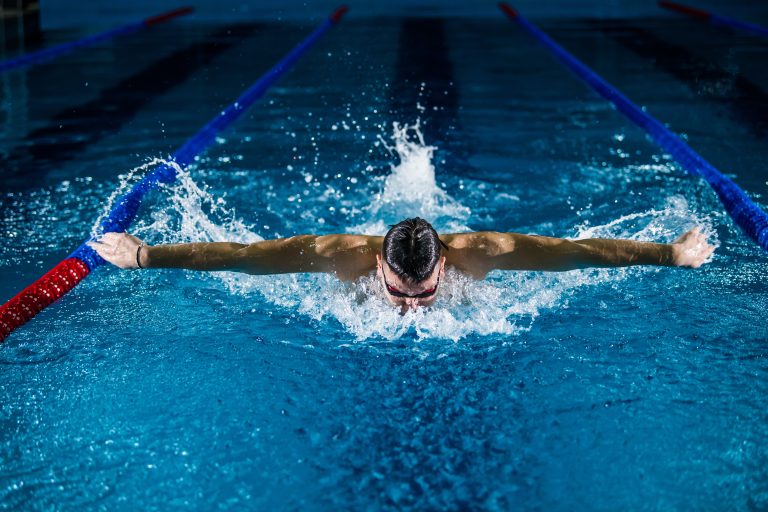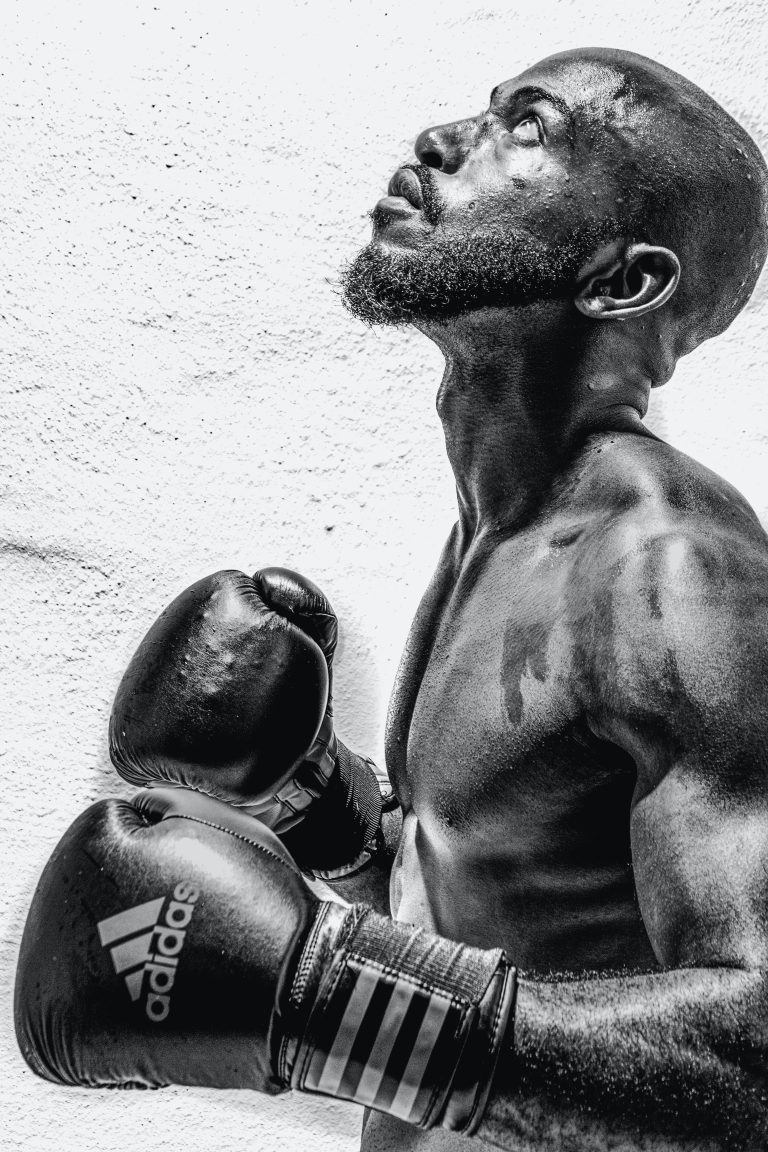Can Karate Students Improve Their Condition?
Karate is a popular form of martial arts that requires discipline, hard work, and perseverance to master. Many people start learning karate to improve their self-defense skills, while others simply enjoy the physical and mental challenge it offers. Regardless of the reason, karate students are always looking for ways to improve themselves both inside and outside the dojo. One question that often comes up is whether karate students can improve their physical condition through training. In this blog post, we will explore this topic and see what the research says.
Improving Fitness Through Karate
Karate is a physical activity that requires strength, agility, flexibility, and endurance. As students progress through the ranks, they are expected to improve their physical condition to meet the demands of more challenging techniques and sparring drills. This means that students who train regularly in karate should see improvements in their overall fitness levels.
A study published in the International Journal of Sports Medicine found that karate training can lead to significant improvements in cardiovascular endurance, muscular strength, and flexibility. The study followed a group of karate students over 12 weeks and compared their fitness levels before and after training. The results showed that the students significantly improved their VO2 max (a measure of cardiovascular endurance), leg strength, and shoulder flexibility.
In addition to these physical benefits, karate training can also improve mental health and well-being. Karate requires focus, concentration, and discipline, which can have a positive impact on mood, stress levels, and self-esteem.
Training Methods That Can Improve Condition
Karate training is typically divided into three main components: kata (forms), kumite (sparring), and kihon (basics). Each of these components can help students improve their physical condition in different ways.
Kata involves performing a series of pre-arranged movements in a set pattern. Kata training can improve balance, coordination, and flexibility as students strive to perfect their technique and movements.
Kumite is a form of sparring where students practice their techniques against a live opponent. Kumite training can improve reaction time, agility, and cardiovascular endurance as students engage in fast-paced, high-intensity bouts.
Kihon includes basic techniques such as punches, kicks, and blocks. Kihon training can improve muscular strength, endurance, and flexibility as students practice these techniques repeatedly.
The Role of Nutrition
Improving physical condition through karate training also requires attention to nutrition. A balanced diet that includes plenty of protein, carbohydrates, and healthy fats can help fuel the body for high-intensity workouts and aid in recovery.
It’s also important to drink plenty of water to stay hydrated and avoid sugary drinks that can lead to energy crashes. Eating a variety of fruits and vegetables can provide the vitamins and minerals needed to support overall health and well-being.
Conclusion
In conclusion, the answer to whether karate students can improve their physical condition through training is a resounding yes. Consistent training in kata, kumite, and kihon can lead to improvements in cardiovascular endurance, muscular strength, and flexibility. Attention to nutrition is also important to support the body’s energy needs and aid in recovery.
Karate is not just about learning self-defense, but also about improving oneself both physically and mentally. With dedication, hard work, and the right training, karate students can improve their physical condition and become the best versions of themselves.
Can Karate Students Improve Their Condition?
Karate is a well-known martial art that requires a good level of physical fitness to be effective. In order to become a proficient karate practitioner, one must be in good condition. This raises the question – can karate students improve their condition? In this blog post, we will answer the most frequently asked questions regarding the improvement of a karate practitioner’s condition.
1. How important is fitness in karate?
Fitness is a crucial aspect of karate. By definition, karate is a combat sport that requires focus, speed, power, and precision. In order to execute a move correctly, a karate practitioner must have good control over their body, their breathing, and their balance. All of these skill sets require a good level of fitness. Therefore, being in good condition is crucial for improving your karate performance.
2. Can karate practitioners improve their stamina?
Stamina is the ability to sustain physical activity for long periods of time. It is a crucial aspect of karate, as it provides the necessary energy to complete the demanding movements required in the sport. Fortunately, karate practitioners can improve their stamina through regular training.
Karate training involves a combination of aerobic and anaerobic exercises. Aerobics is a type of exercise that requires oxygen to produce energy. Some examples of aerobic exercises include running, cycling, or swimming. On the other hand, anaerobic exercises are short bursts of intense energy that do not require oxygen. Examples of anaerobic exercises include high-intensity interval training, sprinting, or weightlifting.
By combining these different types of exercises, karate practitioners can improve their stamina. In addition to training, proper nutrition and a healthy lifestyle can also help improve stamina.
3. Can karate practitioners improve their strength?
Strength is also a vital aspect of karate, as it is required for executing powerful strikes, blocks, and throws. Karate practitioners can improve their strength through strength training exercises. Some examples include push-ups, squats, lunges, and weightlifting.
It is important to note that karate practitioners should focus on compound exercises that involve multiple muscle groups to improve overall strength. Training should also be progressive, with an increase in resistance, reps, or sets over time.
4. Can karate practitioners improve their flexibility?
Flexibility is a crucial aspect of karate, as it allows for a greater range of motion in executing movements. Karate practitioners can improve their flexibility through regular stretching exercises. Some examples of stretching exercises include static stretching, dynamic stretching, and proprioceptive neuromuscular facilitation (PNF) stretching.
It is important to note that stretching should be done safely and gradually. Overstretching can lead to injury and should be avoided. It is also important to stretch all major muscle groups in the body, with a focus on the muscles used in karate movements.
5. How often should karate practitioners train to improve their condition?
Training frequency depends on the individual’s goals and current fitness level. Generally, beginners should aim to train 2-3 times per week, while more advanced practitioners can train up to 5-6 times per week.
In addition to training frequency, it is important to allow for rest and recovery between training sessions. Taking rest days and incorporating active recovery exercises such as yoga or light jogging can help prevent injury and improve overall performance.
6. Can karate practitioners benefit from cross-training?
Cross-training involves incorporating different types of exercises or sports into a training regimen. Cross-training can help improve overall fitness levels, prevent injury, and provide mental stimulation. Karate practitioners can benefit from cross-training by incorporating activities such as swimming, yoga, or weightlifting into their training routine.
It is important to note that cross-training should be done in moderation and with a focus on activities that complement karate movements. For example, swimming is a great cross-training activity for karate practitioners as it involves full-body movements and improves stamina.
Conclusion
In conclusion, karate practitioners can improve their condition through regular training, proper nutrition, and a healthy lifestyle. By focusing on fitness aspects such as stamina, strength, and flexibility, karate practitioners can improve their overall performance and reduce the risk of injury. Incorporating cross-training and taking rest days can also help improve performance and prevent burnout. Remember, consistency and patience are key to improving your karate condition.
Inhaltsverzeichnis






